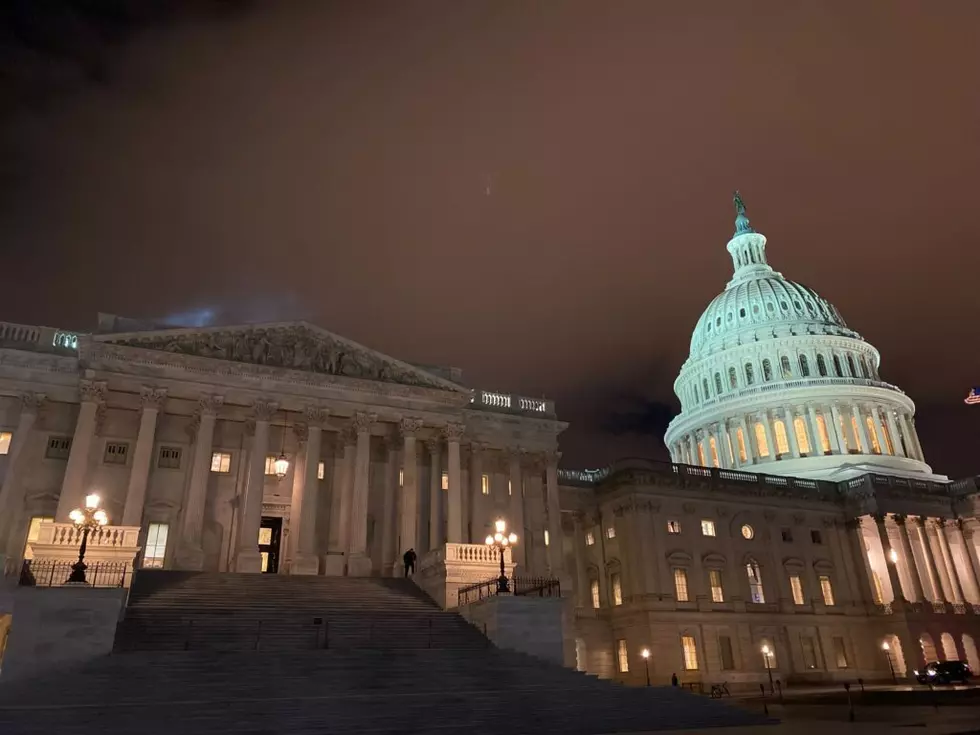
‘Catastrophe’ would befall economy with national default, Colorado warns
Lindsey Toomer
(Colorado Newsline) While talks over raising the United State’s debt limit continue in Congress after the country hit the limit last week, Colorado’s federal representatives have expressed differing views on how the government should respond.
The U.S. Treasury Department is already using extraordinary measures to keep the government operational, but a divided Congress will need to come to an agreement to avoid defaulting on its debts before June. Debates are expected to be particularly tense on the issue given concessions Speaker Kevin McCarthy made to far-right members of his party to win the Speaker election.
If Congress doesn’t come to an agreement before the default date, expected in early June, economists have warned it could have drastic repercussions for Americans and across the globe. The Treasury would no longer have borrowing authority to pay for the country’s bills in full and on time, which has not happened before in the country’s history.
“Global financial markets and the economy would be upended, and even if resolved quickly, Americans would pay for this default for generations, as global investors would rightly believe that the federal government’s finances have been politicized and that a time may come when they would not be paid what they are owed when owed it,” said Moody’s Analytics Chief Economist Mark Zandi and Assistant Director Bernard Yaros in a September 2021 report that came out during the last round of debt limit brinkmanship.
U.S. Rep. Diana DeGette, a Democrat from Denver, said in a town hall with news reporters that right-wing Republicans don’t want to “exert fiscal responsibility.” She said the debt ceiling was something people on both sides of the aisle always agreed on until the Tea Party Republicans fought raising it in 2011, like she said the MAGA Republicans are doing now.
DeGette said she’s “disturbed” by the rhetoric she’s heard from the far right and how a default could “wreak havoc” on the country’s economy.
“If people didn’t like the inflation that we had the last year or two, they’re really not going to like it if our economy falls apart because the Republicans on the right didn’t do what’s responsible,” DeGette said. “So I am concerned about the tone that they’re taking and I’m also concerned about the concessions that they’re trying to wring out of this, because again in the past, raising the debt ceiling was never used as a hostage to try to get other economic concessions.”
A spokesperson for U.S. Rep. Joe Neguse, a Democrat from Lafayette, said the congressman believes preserving the full faith and credit of the U.S. is “critically important,” and therefore raising the debt ceiling as necessary should continue to be done on a bipartisan basis.
“The effort by some to engage in political gamesmanship with the debt ceiling is dangerous, and poses serious risk to our economy and countless Americans, including social security beneficiaries, veterans, and more,” Neguse spokesperson Hannah Rehm said in an email. “We must ensure the government does not default on its loans, and cannot allow politicians to jeopardize the livelihoods of working families for political purposes.”
Representatives for Colorado’s Republican U.S. Reps. Lauren Boebert, Ken Buck and Doug Lamborn did not respond to repeated requests for comment, but they have all publicly shared their views on the country’s debt before.
Boebert, who is from Silt, tweeted asking how high the country’s debt needs to climb for liberals to admit the financial situation is unsustainable. She also retweeted an interview in which Rep. Chip Roy, a Texas Republican, said Republicans don’t plan to default on the country’s debts.
Since being in Congress, Boebert has voted against raising the country’s debt limit multiple times.
